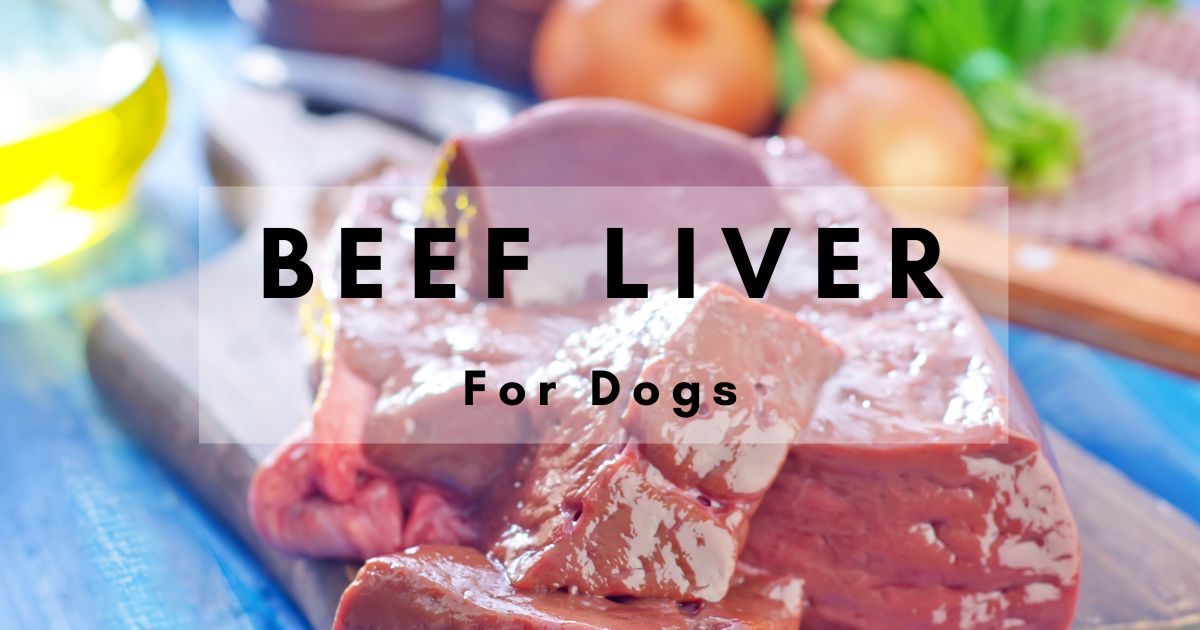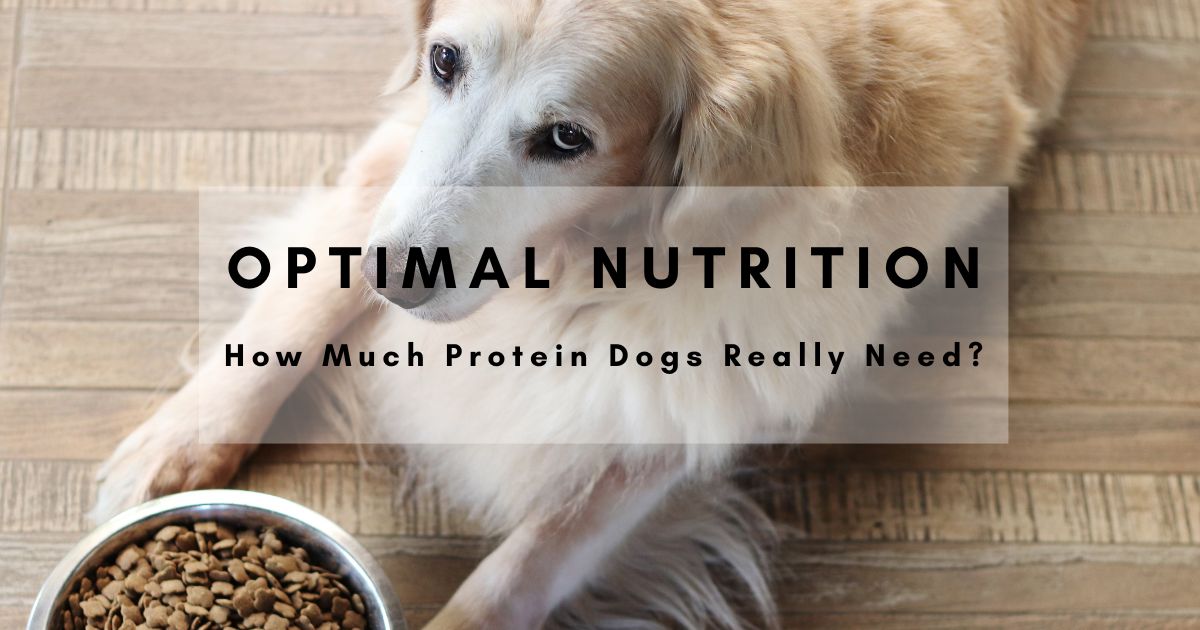Understanding Tocopherols: A Natural Preservative's Role in Dog Nutrition

Unveiling Tocopherols: A Dog's Nutritional Ally

The Basics of Tocopherols in Canine Diets
Tocopherols, commonly listed on dog food labels, are a group of antioxidant compounds that belong to the vitamin E family. They serve as natural preservatives in dog food, helping to prevent the oxidation of fats and oils, which can lead to food going “bad” or losing nutritional quality.1
Tocopherols are commonly added to natural dog foods to extend shelf life, and they play a vital role in helping to support your dog's well-being. Let's break down why this ingredient is such a big deal for your pooch's plate.
Deciphering the Different Types of Tocopherols
Understanding the different types of tocopherols can feel like taking a deep dive into a biochemical manual, but don't worry, in reality, it’s quite straightforward.
You see, vitamin E comes in eight chemical forms, but for your furry companion, the four tocopherols you’ll see as key players are: alpha, beta, delta, and gamma. This is why you’ll often see “mixed tocopherols” listed as the preservative. All play varying roles in helping to protect against oxidative damage.2
Synthetic tocopherols also exist, and they’re usually shown as “dl-alpha-tocopherol” on food labels. They’re made from petroleum products and should be avoided.3
Preserving Health: The Role of Tocopherols as Preservatives
Why Tocopherols Are Essential for Dog Food Preservation
When choosing dog food, it’s natural to be concerned about the types of preservatives being added to it.
However, you can rest easy knowing that tocopherols for dogs are natural preservatives that take on the double duty of helping to maintain the shelf life and quality of your dog's food and helping to add more antioxidants to your dog’s diet.
Tocopherols help keep fats and oils in dog food from spoiling. Without them, these ingredients could oxidize, turn rancid, and become a serious no-go for your pup's digestive system. Think of tocopherols as the guardians of your dog's food bowl – they help ensure every scoop is as nutritious and tasty as the first one.4,5
The Natural Advantage: Mixed Tocopherols Over Synthetic Counterparts
Tocopherols for dogs are always preferred over chemical alternatives (like BHA and BHT) which may keep your dog's food fresh but are banned in some countries amid dog health concerns.6
And though choosing dog food with tocopherols might mean a slightly shorter shelf life, this trade-off comes with the peace of mind that your furry friend is munching on something that's naturally preserved, rather than chemically treated.

Uncovering the Potential Health Benefits of Tocopherols for Dogs
Beyond the preservation of pet food, tocopherols for dogs may also carry a wealth of potential health benefits for your dog.
For starters, tocopherols act as antioxidants, which are essential in helping the body combat the effects of free radicals – just as with humans. Free radicals can cause oxidative stress leading to cell and/or tissue damage and various illnesses. By including tocopherols in your pet’s diet, you equip them with a potential defense against these culprits.7
Tocopherols may also help support a robust immune system. Additionally, vitamin E – delivered through tocopherols – plays a role in skin health.8
Finally, tocopherols have been highlighted for their potential to aid in muscle and nerve cell function. This is particularly important for active or aging dogs, as it can help support their mobility and coordination.9
Choosing Wisely: Identifying High-Quality Dog Foods with Tocopherols
Choosing a dog food that's good for your canine companion goes beyond taste and price; it’s about finding high-quality nutrition.
Tocopherols are one part of this equation – especially "mixed tocopherols," which provide a broad spectrum of vitamin E compounds.
The best dog foods will balance these with other essential nutrients and minimal processing, all while providing the right amount of nutrition for your dog's breed, age, and size.
So, when you spot a dog food that meets these criteria, you can feel confident you're making a suitable choice for your precious pet's vitality and longevity.
FAQs: Answers to Common Questions About Tocopherols for Dogs
Are Tocopherols Safe for All Breeds of Dogs?
Yes, tocopherols are generally safe for all breeds of dogs. They’re a natural preservative and a source of vitamin E, which is vital for canine health. However, each dog is unique, so monitoring for adverse reactions when switching foods is always important. For further guidance, consult your veterinarian to ensure the optimal diet for your specific dog's needs.
How Do Tocopherols Contribute to a Balanced Dog Diet?
Tocopherols contribute essential antioxidant properties and vitamin E to a dog's diet, both crucial for maintaining overall health. They help protect against oxidative damage and may help support immune health, healthy skin, and muscle and nerve function, enhancing a balanced diet for dogs.

Conclusion: Tocopherols for Dogs
To wrap things up, tocopherols stand out not just as key for the preservation of your dog’s food, but also as a nutritional friend to your canine companion.
You can find mixed tocopherols in any of the Dr. Marty dog foods that require preservation, such as Nature’s Blend Essential Wellness. Nature’s Blend is a gently freeze-dried raw dog food that locks in the nutrients your dog needs and the delicious flavor they adore.
Sources
- https://caninejournal.com/tocopherols-in-dog-food/
- https://caninejournal.com/tocopherols-in-dog-food/
- https://caninejournal.com/tocopherols-in-dog-food/
- https://pubmed.ncbi.nlm.nih.gov/2658965/
- https://www.dvm360.com/view/dietary-antioxidants-are-important-pets
- https://autumntrailsvet.com/recognizing-unsafe-dog-food-ingredients-a-beginners-guide/#BHA_and_BHT
- https://wagwalking.com/wellness/vitamin-e-for-dogs#vitamin-e-benefits-for-dogs
- https://wagwalking.com/wellness/vitamin-e-for-dogs#vitamin-e-benefits-for-dogs
- https://pubmed.ncbi.nlm.nih.gov/8121252/
Related posts


